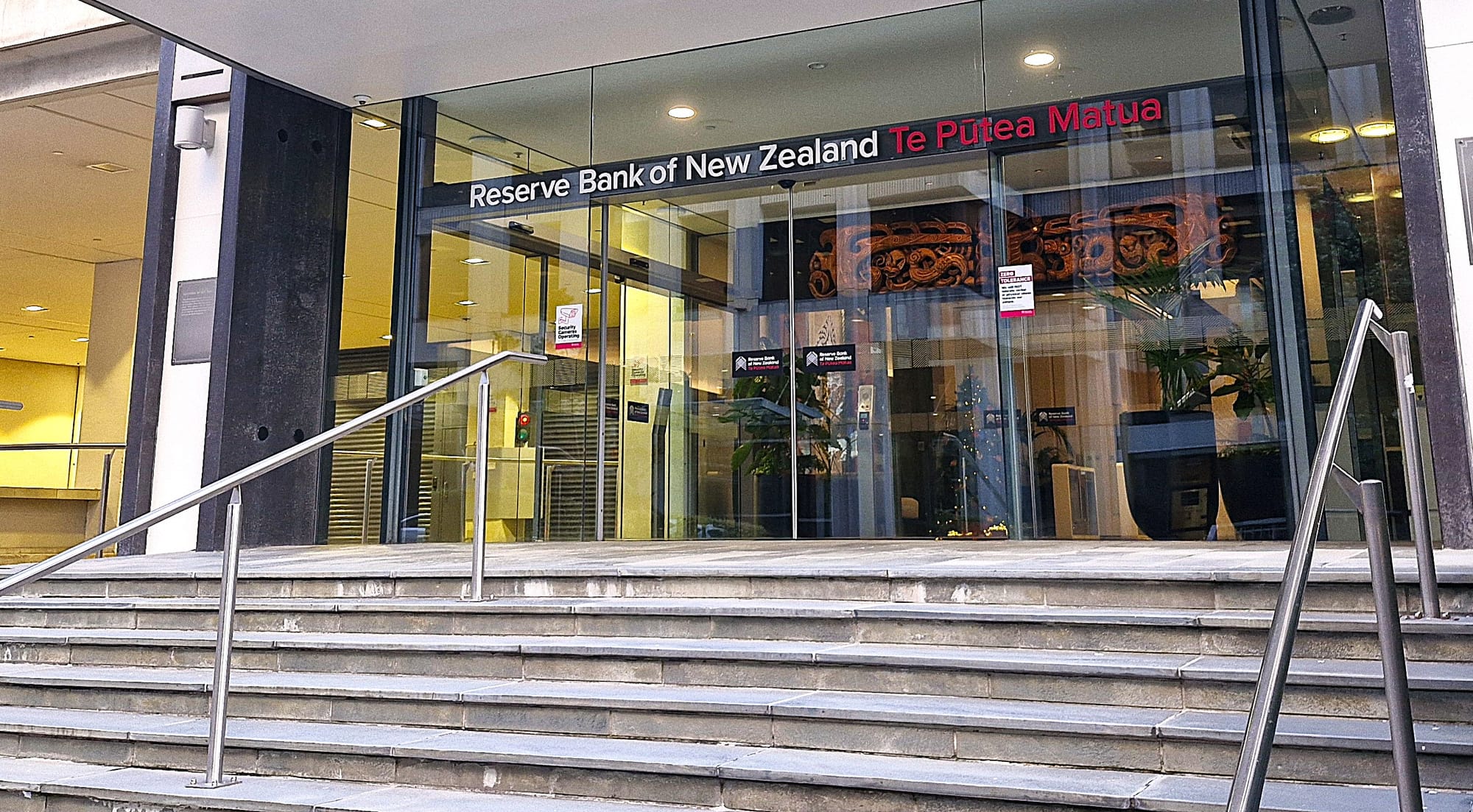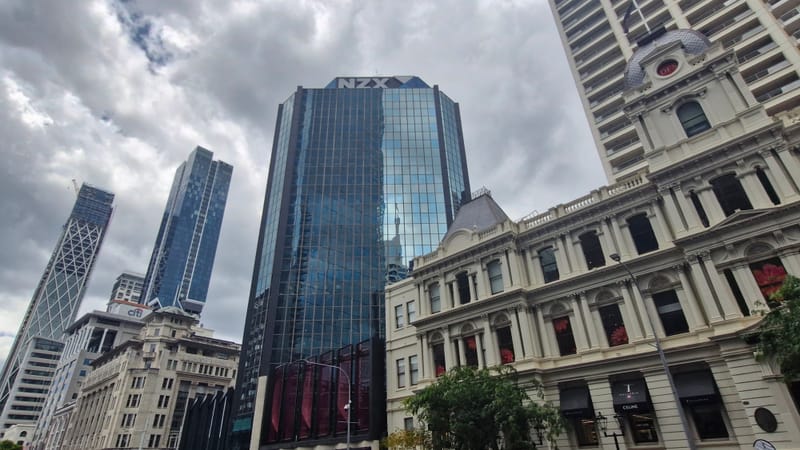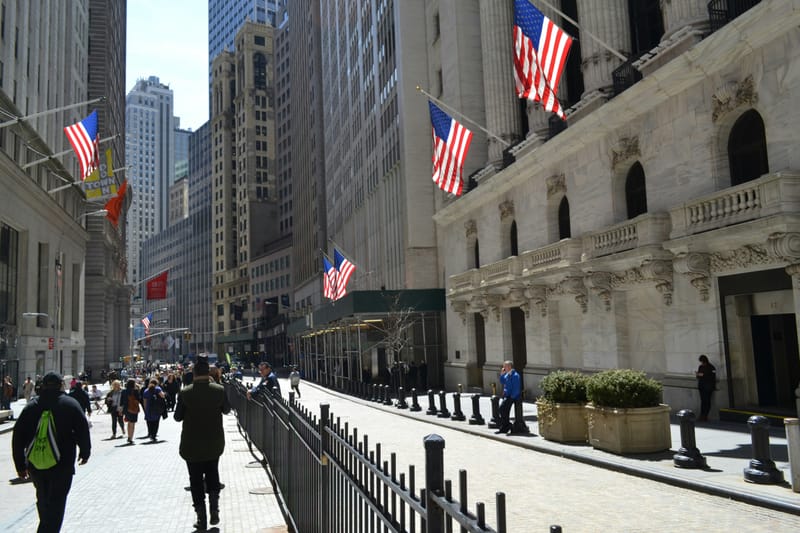PAUL MCBETH: Tearing down the Reserve Bank’s ivory towers
The central bank’s issues go well beyond simple personalities.
Paul McBeth is the editor of The Bottom Line and Curious News, having worked at BusinessDesk for 15 years. He covered Reserve Bank monetary policy and financial stability from 2008 to 2017, attending lock-ups and a handful of off-the-record fireside chats with central bank officials, and was head of news at BusinessDesk in 2019 during some tense exchanges over coverage of the central bank’s regulatory capital regime.
The unceremonious exit of Reserve Bank chair Neil Quigley wasn’t a surprise.
He’d dug himself into a fairly deep hole with his vexatious press conference on the departure of Adrian Orr earlier this year. The fact he’d managed to keep a straight face throughout the whole exercise, maintaining innocence in the way he characterised Orr’s very unexpected resignation as a personal decision, was downright absurd at times.
When someone’s job becomes untenable it can be a deeply uncomfortable thing – which is typically a tell-tale sign that maybe, just maybe it’s time to call it quits.
That moment came on Friday evening when the press release from finance minister Nicola Willis dropped, thanking Quigley for his 15 years of service as a member of the Reserve Bank’s board – nine of which he chaired – with all the important workstreams he was overseeing wrapped up, marking a good opportunity for him to hand over the keys.
All it needed was the obligatory comment of wanting to spend more time with the family to make it a perfectly anodyne exit statement masking the tension beneath.
To her credit, Willis did the radio rounds on RNZ and NewstalkZB to make clear she was concerned the sustained criticism of the central bank’s handling of official information surrounding Orr’s exit was denting the Reserve Bank’s reputation. Had Quigley not resigned, she would’ve asked for it.
That’s a far cry from the ongoing assault by Trump 2.0 on the US Federal Reserve, where the White House is pushing for a more pliant central bank willing to run monetary policy – deemed to be sacrosanct and untouchable – in line with the administration’s demands.
A light shining in the dark
And it might just go some way allaying some of the gripes and grizzles about a deeply troubling chapter in the Reserve Bank’s history that smacks of hoping the great unwashed masses would simply accept statements at face value and go about their dreary lives without giving the important people at No 2 The Terrace a second thought.
Unfortunately, this isn’t an isolated incident.
Orr’s strident defence of the gold-plated capital lending requirements, now being cast aside by the current regime, devolved into a cold war of words in the lead-up to covid, with Australian media airing various grievances of the big four banks and local commentators – including your correspondent’s former colleague Jenny Ruth – feeling the heat of the governor’s displeasure.
Or you can go back to 2017 when former governor Graeme Wheeler was so incensed by Bank of New Zealand head of research Stephen Toplis’s criticism of the Reserve Bank he sought to muzzle him by complaining to the bank’s then-chief executive Anthony Healy.
Quigley, who was the chair at the time, felt no compunction to comment publicly on Wheeler’s escalation, nor flag it in the board’s review of the governor in the annual report. Then-finance minister Steven Joyce was also unwilling to offer his 2 cents on the matter – a foreign position for the former radio mogul.
Wheeler also picked a fight with local media when he ended the long-standing policy of holding lock-ups for reporters and analysts ahead of the market-sensitive interest rate decisions and financial stability reports as a punishment for a MediaWorks staffer who broke the rules by secretly sending the details to their newsroom.
The big shame in that one was the fact that the Reserve Bank’s breakfasts were rather good.
Don’t say the words you might regret
Shamubeel Eaqub copped it when his then-boss at Goldman Sachs JBWere got a complaint about the economist’s criticism of governor Allan Bollard for being out of synch with the rest of the world during the global financial crisis, and even in the 1990s academic David Tripe got a censure over comments he made to a newspaper in calling the central bank’s approach to interest rates unrealistic.
The common denominator here is the Reserve Bank, not any single individual. And that speaks to a long-held cultural issue where dissent isn’t countenanced.
It might seem small-fry, but the Reserve Bank’s response to The Post’s Tom Pullar-Strecker and Luke Malpass this week that everyone misunderstood Quigley’s meaning in describing Orr’s resignation as being a personal decision typifies the problem – it’s not our fault that you can’t understand what we’re saying.
You’d have hoped the central bank would’ve come some way from the type of information command-and-control that saw it claim back in 2016 that market analysts latched on to part of a speech by Wheeler that wasn’t directed at them when they wrongly assumed he wasn’t going to cut the benchmark rate at the next meeting, which he subsequently did. Or when reporters inquiring as to whether the central bank had been intervening in currency markets were patronisingly told they should know better than to ask that question.
Adrian Orr’s appointment to the governor role by Jacinda Ardern’s coalition government was meant to introduce sweeping changes to what was seen as a fusty institution and, to be fair, it’s a far different beast to what it was.
It has a much broader and inclusive approach to what managing the money supply means for people outside trading rooms and proactively publishes a far deeper amount of information about the organisation’s inner workings.
But in terms of tearing down the ivory tower thinking that permeates Terrace-dwellers on the corner of Wellington’s Bowen Street, well that’s going to be a future governor’s problem.
Image from Curious News.








